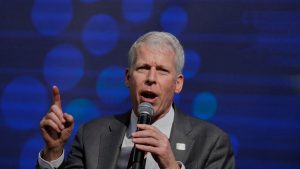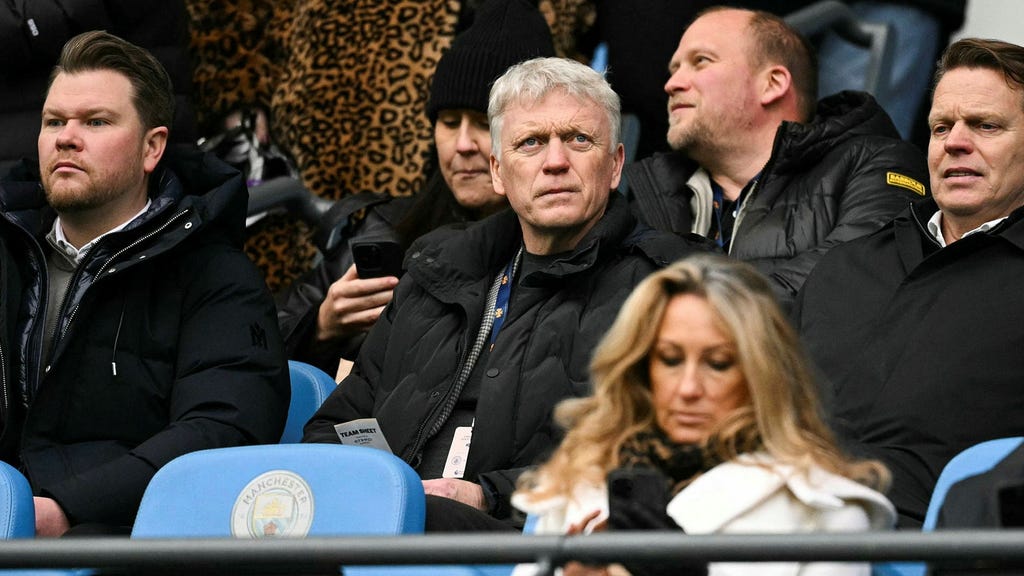David Moyes, the 61-year-old Scottish football manager, finds himself once again at a crossroads in his career, having departed West Ham United in the spring of 2024. His managerial journey, marked by both notable successes and periods of significant challenge, now sees him linked with a potential return to Everton, the club where he spent over a decade building his reputation. Moyes’s tenure at Everton, spanning from 2002 to 2013, was a period of consistent progress, transforming the club into a regular top-half Premier League contender. He established a strong, organized side renowned for its resilience and tactical discipline, earning widespread respect within the football community and solidifying his status as one of the league’s most dependable managers. This success eventually led to the coveted, yet ultimately ill-fated, appointment as manager of Manchester United in 2013, a role that proved a stark contrast to the stability he had enjoyed at Everton.
The Manchester United chapter of Moyes’s career was brief and turbulent. He inherited the reins from the legendary Sir Alex Ferguson, a task that proved too daunting, as he struggled to replicate the sustained success of his predecessor. The team’s performance faltered, and after just ten months at the helm, Moyes was relieved of his duties in April 2014. This dismissal marked a significant setback, raising questions about his ability to manage at the highest level and casting a shadow over his previous achievements. The pressure of managing a club of Manchester United’s stature, with its immense expectations and global scrutiny, proved a stark contrast to the more measured environment he had cultivated at Everton. The experience undoubtedly left a mark on Moyes, highlighting the unique challenges of managing elite clubs and the unforgiving nature of top-flight football.
Following his departure from Manchester United, Moyes embarked on a series of managerial roles that aimed to rebuild his reputation and reaffirm his credentials. He took charge of Real Sociedad in La Liga, offering him a fresh start in a different footballing culture, but his time in Spain was relatively short-lived. A return to English football saw him take the helm at Sunderland, a club struggling to maintain its Premier League status. However, despite his efforts, Sunderland were relegated at the end of the 2016-17 season, further compounding the challenges Moyes faced in reclaiming his former standing. These experiences, while not yielding the desired results, provided valuable insights into different footballing environments and further developed his adaptability as a manager.
Moyes’s subsequent return to West Ham United, initially a temporary appointment, proved a turning point in his career trajectory. He steadied the ship, guiding the club to Premier League safety and eventually establishing them as a competitive force. His second spell at West Ham culminated in a remarkable triumph, leading the club to the Europa Conference League title in 2023, a significant achievement that underscored his managerial prowess and resilience. This victory not only brought European silverware to West Ham but also served as a personal vindication for Moyes, demonstrating his ability to build a successful team and compete at a continental level. The Europa Conference League triumph cemented his legacy at West Ham and re-established his credentials as a top-level manager.
Now, with Everton struggling in the Premier League and flirting with relegation, Moyes’s name has emerged as a potential solution to their current predicament. The club’s precarious position, just a point above the relegation zone, echoes the challenges Moyes successfully navigated during his previous tenure. His familiarity with the club, its history, and the expectations of its supporters could prove invaluable in a relegation battle. However, the decision to reappoint Moyes wouldn’t be without risk. The footballing landscape has changed significantly since his departure, and the Premier League is now arguably even more competitive. Furthermore, the memories of his unsuccessful spell at Manchester United might still linger in the minds of some.
The potential return of David Moyes to Everton presents a compelling narrative, one of redemption, familiarity, and the cyclical nature of football management. It offers Moyes the opportunity to return to a club where he enjoyed considerable success, to potentially steer them away from relegation and rebuild his reputation in the Premier League. For Everton, it presents the possibility of stability and experience in a time of crisis, a manager who understands the club’s DNA and the demands of its passionate fanbase. The decision, however, rests with Everton’s ownership, who must weigh the potential benefits of Moyes’s experience and familiarity against the risks associated with appointing a manager who has also experienced high-profile setbacks in his career. The coming weeks will undoubtedly be crucial in determining the future direction of both Everton Football Club and the career of David Moyes.














